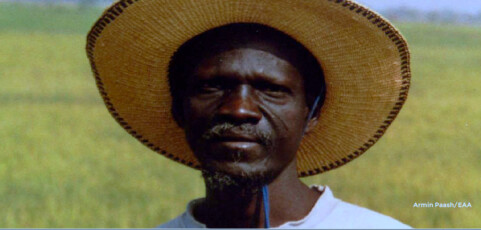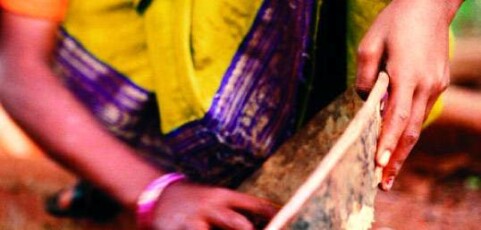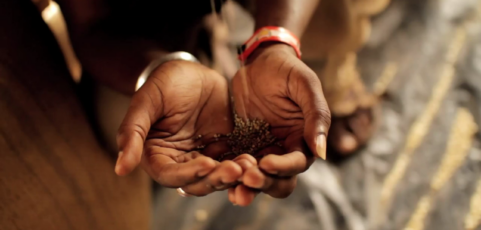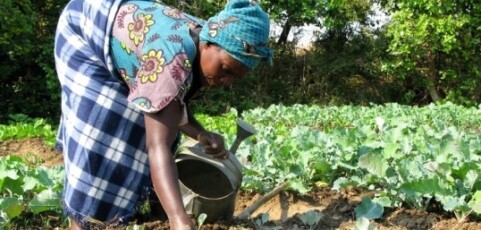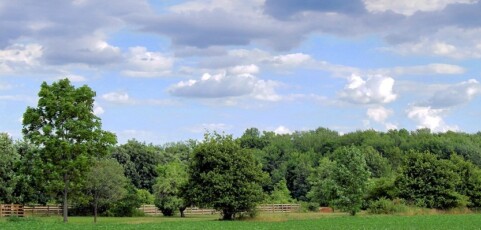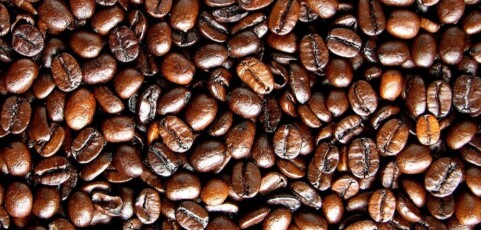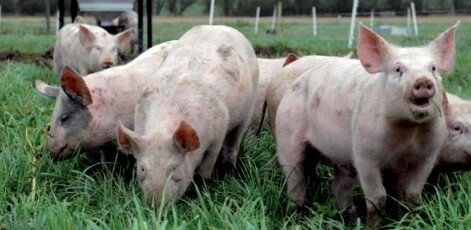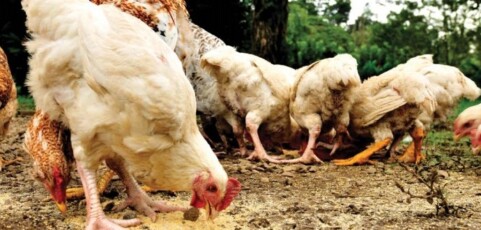The paper contains 12 different case studies and chapters on agroecology; other sustainable farming methods; agroecology and resilience to climatic changes; evidence of the food security potential of agroecological systems; the scaling up of agroecological innovations, with challenges and opportunities; the approaches that can be used for scaling up agroecology ; conclusions and way forward.
The Real Green Revolution: Organic and Agroecological farming in the South
This report highlights some of the opportunities and challenges of establishing an organic farming movement that “can increase food security, reduce poverty and protect environmental resources” in the Southern hemisphere. Even though the report asserts that government policies are still needed to encourage the extension of organic farming, several positive trends are identified through a number of worldwide case studies.
A Fundamentally Transformed Model for Global Agriculture to Prioritize Nutrition
Daniel Bornstein is a student at Dartmouth College interested in global food security. He has written columns on international development issues for PolicyMic.com, the Merrick Herald (Merrick, N.Y.), and College News Magazine. He was named a national semifinalist in the 2010 Intel Science Talent Search for his research on poplar’s viability as a biofuel—a potential alternative to the corn-based ethanol that drives up world food prices.
Ecological Agriculture, Climate Resilience and a Roadmap to Get There
Environment and Development Series No. 14.
This paper looks at how ecological agriculture, by building healthy soils, cultivating biological diversity and improving water harvesting and management, can strengthen farmers’ capacity to adapt to climate change. Accordingly, the authors call for a reorientation of policy, funding and research priorities from the dominant industrial agriculture model to ecological agriculture.
Seeds of Freedom
A new 30-minute film produced by The Gaia Foundation and the Africa Biodiversity Network, in collaboration with MELCA Ethiopia, Navdanya International and GRAIN.
Narrated by actor Jeremy Irons, Seeds of Freedom is set to explode pervasive myths about agriculture, development and Africa’s ability to feed herself. At the heart of the film the story of seed and its transformation from the basis of farming communities’ agri-culture, to the property of agri-business.
Climate Resilient Agriculture: Experiences from Action Aid and its partners
It is based on the identification of the major risks and challenges local communities face, and/or are likely to face in the near future, and on the design and implementation of site-specific adaptation strategies aimed at reducing vulnerabilities and increasing the resilience of the smallholder production systems. SEE ALSO http://www.actionaid.org/publications
Pathways to resilience
Read MoreThe Campesino-to-Campesino agroecology movement of ANAP in Cuba: social process methodology in the construction of sustainable peasant agriculture and food sovereignty
The Cuban experience demonstrates that we can feed a population well with a small- or medium-sized farm model based on appropriate ecological technology, and in doing so we can become more self-reliant in food production.
Livestock and climate change
This briefing examines livestock production in the context of climate change mitigation and analyses how farming solutions to environmental challenges can be both ustainable and humane.
Animal and Human Welfare are hand-in-hand. How animal welfare can boost jobs and livelihoods
This briefing outlines how livestock are an important contributor to food and explores how improvements to animal welfare can boost jobs and livelihoods.

